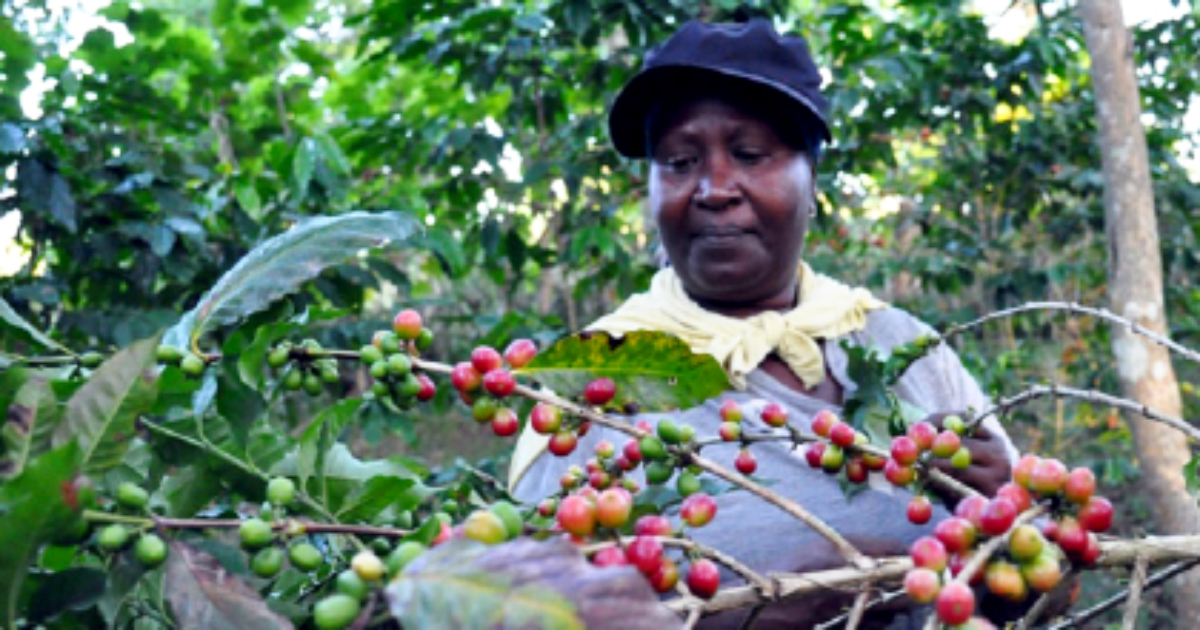
The Economic Commission for Latin America and the Caribbean (ECLAC) published its 2024 report on foreign direct investment (FDI) in the region and does not reflect a single piece of data on Cuba.
"The Economic Commission for Latin America and the Caribbean (CEPAL) has published its 2024 report on foreign direct investment. It provides data for all countries in the region except Cuba. In fact, the word Cuba does not appear in the report," noted Cuban economist Pedro Monreal on his social media.
According to the executive summary of the Report, foreign direct investment in Latin America and the Caribbean is facing "an extremely challenging moment, as the region is undergoing a development crisis that manifests itself in three major traps: a low growth capacity trap, characterized by low, volatile, exclusionary, and unsustainable economic growth; a high inequality trap, with low mobility and social cohesion; and a low institutional capacity trap with ineffective governance."
In its more than 180 pages, with analyses, graphs, and tables, it is impossible to find a single piece of data on foreign investment in Cuba, despite the fact that the Cuban regime uses this definition as one of the pillars of its propaganda, amplifying through official media information about the "growth" and "benefits" of foreign investments for the economy.
"The absolute absence of mention of Cuba in the annual investment report from CEPAL contrasts with the official Cuban narrative that presents the country as an advantageous investment hub in Latin America. In the absence of evidence, that narrative remains mere propaganda," Monreal diagnosed in his post.
According to CEPAL, analyzing the dynamics of foreign direct investment and how they are linked to productive development policies is essential "to design policies that allow for the best possible use of the potential that investments from transnational companies have to support countries and their territories in facing the low growth trap."
However, for the government of Miguel Díaz-Canel, the data from this economic activity must remain secret, just as dictator Fidel Castro and his brother had considered, who passed the baton to the leader of the "continuity."
With the data published by the governments of the region, the CEPAL report detects that the overall decline in FDI in the region is due to "the decreases in inflows in the two countries with the highest share of total inflows, Brazil (-14%) and Mexico (-23%)".
"In South America, Argentina and Chile experienced an increase (57% and 19%, respectively). In Central America and the Caribbean, more investments were received than in 2022 (12% and 28%, respectively). In Central America, nearly all countries received more FDI, highlighting growth in Costa Rica (28%) and Honduras (33%), while the increase in the Caribbean is mainly due to the rise in inflows in Guyana (64%) and the Dominican Republic (7%)," the report noted.
Likewise, ECLAC observes that "the United States and the European Union remain the main investors, although fewer investments were received from the former."
"As a general conclusion, except for exceptions, FDI continues to concentrate in sectors and countries that offer natural resources and relatively cheap labor. This reinforces existing comparative advantages, although this is not an inevitable result. Rather, it represents an invitation for productive development policies to enhance and transform those static advantages into dynamic advantages," the experts indicated.
Beyond the economic analysis conducted by the regional organization, the CEPAL Report shows that the governments of Latin American countries (with their policies of one sign or another) strive to provide truthful and objective information, in an exercise of transparency that leads to more effective strategies and tools for managing national wealth and advancing towards more developed societies. Something that, for the rulers of Cuba, sounds like Chinese.
What do you think?
COMMENTFiled under: